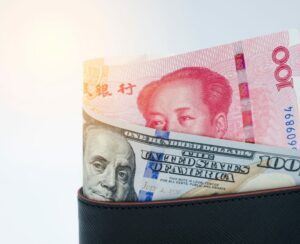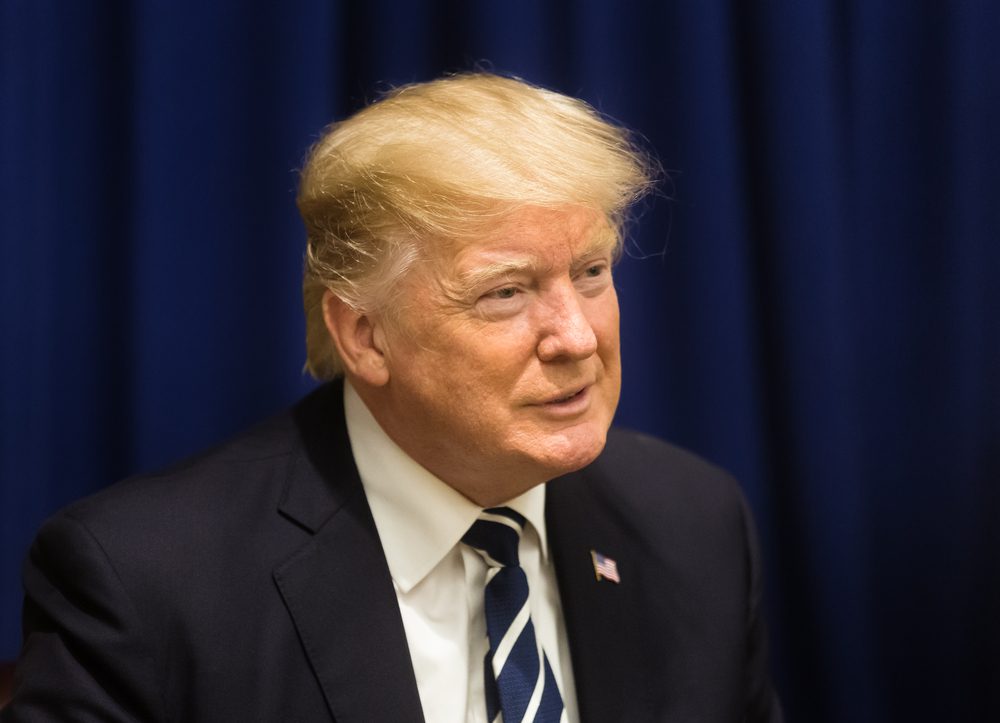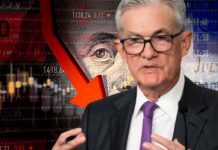Just two months after deciding to hold off on implementing tariffs on China, the Trump administration has announced plans to place them on $200 billion worth of Chinese goods, including cars and auto parts. For now, Japan and the European Union are immune from auto tariffs while negotiations are being made; however, the existing tariffs on China might get raised exponentially in a few days. In regard to currently-imposed tariffs, President Trump tweeted on May 5th that “these payments are partially responsible for our great economic results.”
These “great economic results” include this week’s Labor Department report that indicated unemployment is the lowest it’s been since 1969, ending up at 3.6%. They also include that 5.4 million jobs have been added in the last year and a half. According to Liz Peek of The Hill, regardless how much many of Trump’s opponents spend time “demonizing” him for every action he takes, “the numbers don’t lie.” Whether or not tariffs directly contribute to these numbers has not been determined, but Trump is adamant that they do.
 More jobs and higher employment means a better economy, and the Trump administration believes that imposing higher tariffs on China’s goods including vehicles and auto parts will boost it even further. Even though Trump has threatened (and imposed) new tariffs on other countries since his inauguration, this week’s announcement seems to have caught people off guard, especially Chinese officials, seeing as recent talks seem to have been cordial. This time, instead of giving ample notice or threats that loom for months, Trump has stated the increase in tariffs from 10% to 25% will take effect at the end of this week.
Chinese President Xi Jinping and President Trump had agreed to a truce in November after a lot of back-and-forth tariff actions, but it seems like that truce may come to an end if Trump’s threats are more than just threats. The long-awaited recommendations from the Commerce Department were sent to Trump in February and may have a bit of influence on tariffs, possibly suggesting they should be placed on certain vehicles and technologies.
More jobs and higher employment means a better economy, and the Trump administration believes that imposing higher tariffs on China’s goods including vehicles and auto parts will boost it even further. Even though Trump has threatened (and imposed) new tariffs on other countries since his inauguration, this week’s announcement seems to have caught people off guard, especially Chinese officials, seeing as recent talks seem to have been cordial. This time, instead of giving ample notice or threats that loom for months, Trump has stated the increase in tariffs from 10% to 25% will take effect at the end of this week.
Chinese President Xi Jinping and President Trump had agreed to a truce in November after a lot of back-and-forth tariff actions, but it seems like that truce may come to an end if Trump’s threats are more than just threats. The long-awaited recommendations from the Commerce Department were sent to Trump in February and may have a bit of influence on tariffs, possibly suggesting they should be placed on certain vehicles and technologies.
The auto industry is undoubtedly one of the industries that will be most impacted by any new tariffs. An April 17 Reuters article noted that there is fear Trump will “throw a grenade into the sector” by increasing tariffs on China. Toyota’s Bob Carter told Reuters that slapping tariffs on auto parts would be “pulling the pin out of the grenade” and it would have a severely negative impact on the economy. Bloomberg reported that electric cars will likely see a big hit due to the fact that China is edging ahead of other countries in relation to that sector and Trump wants the U.S. to be number one. The Financial Times reported that European auto shares fell 3.2% after the announcement and noted the sharp decline is likely due to the fact that the auto industry “is particularly vulnerable to threats against free trade” because of its prominence in global supply chains. The hardest hit manufacturers were Volkswagen, BMW, and Daimler, and there is concern that stocks will drop even more drastically if Chinese tariffs are raised. John Murphy of Merrill Lynch stated that increasing tariffs “could put pressure on the auto value chain even before volumes crack, which could pressure multiples and limit upside potential to auto stocks.” Toyota has been one of the most outspoken auto manufacturers, stating that tariffs will do nothing but hurt the U.S. economy by cutting jobs and raising costs. Bank of America also released a statement indicating the corporation feels that potential negative consequences of auto tariffs include margin compression, price inflation, and “volatility and implications for economic activity.” Trump, however, referred to himself as a “Tariff Man” on Twitter in December of 2018 and stated that the U.S. is “now taking in $billions in Tariffs.” He has remained consistent in his quest for fair trade, and he doesn’t seem to be backing down. A White House press release from January of 2018 had quoted the president as saying, “America has also finally turned the page on decades of unfair trade deals that sacrificed our prosperity and shipped away our companies, our jobs, and our Nation’s wealth.” According to the White House, unfair trade practices conducted by other countries, including China, “have not provided the expected benefits to the United States” and thus the Trump administration feels action must be taken to remedy this. Liu He, a top negotiator for China, plans to visit the U.S. Thursday and Friday to meet with officials, including Treasury Secretary Steven Mnuchin. The move shows that China is still willing to negotiate on the tariffs despite what President Trump says (or tweets), and many experts in all industries are hoping the administration will hold off on the tariffs after the conversations.








